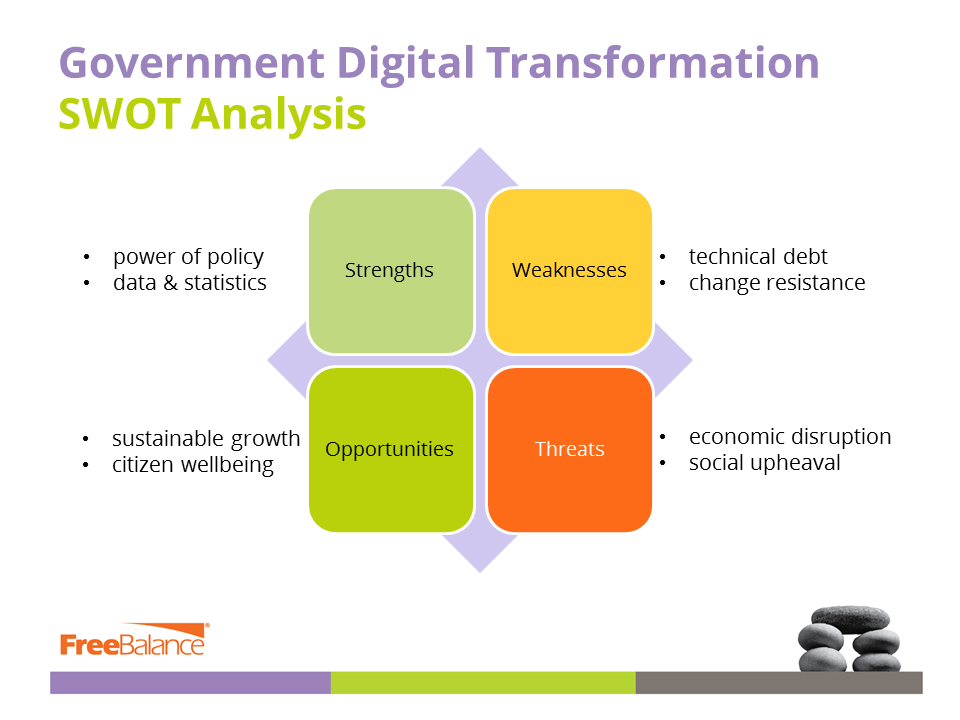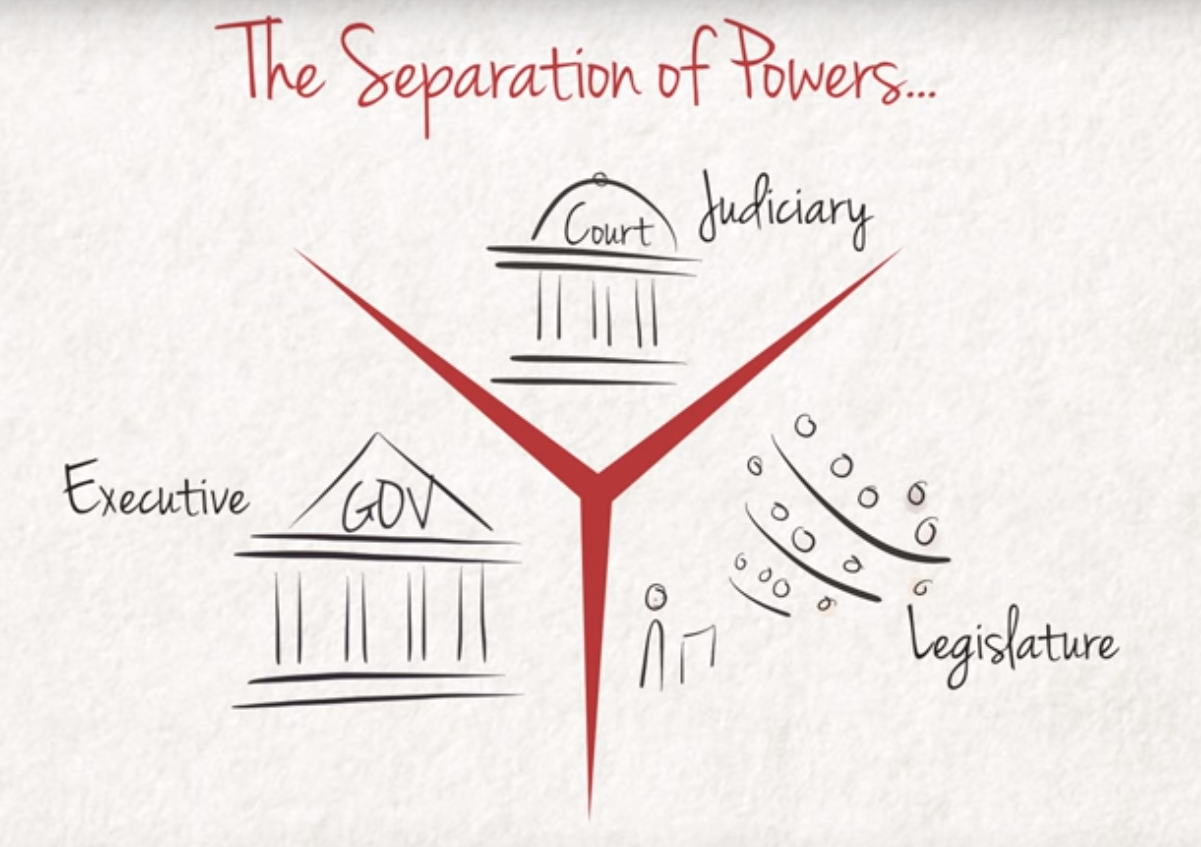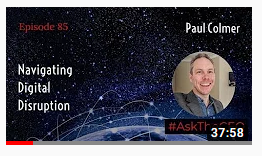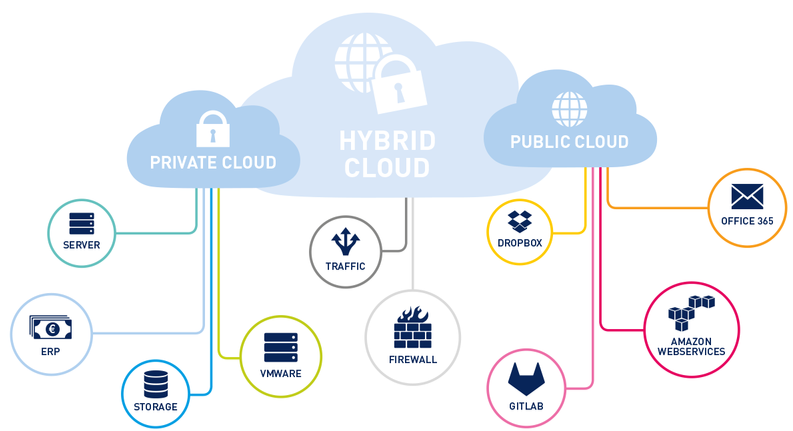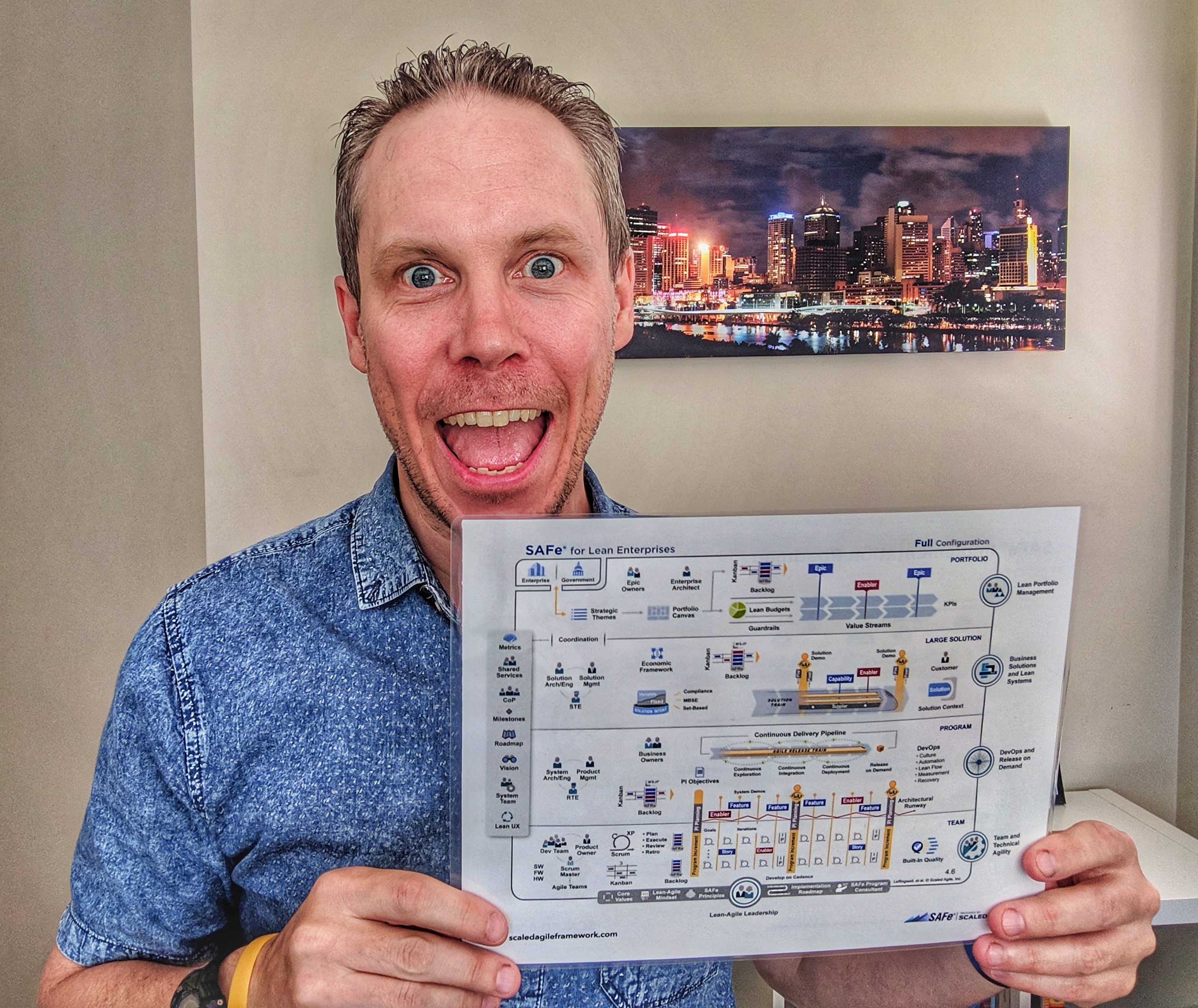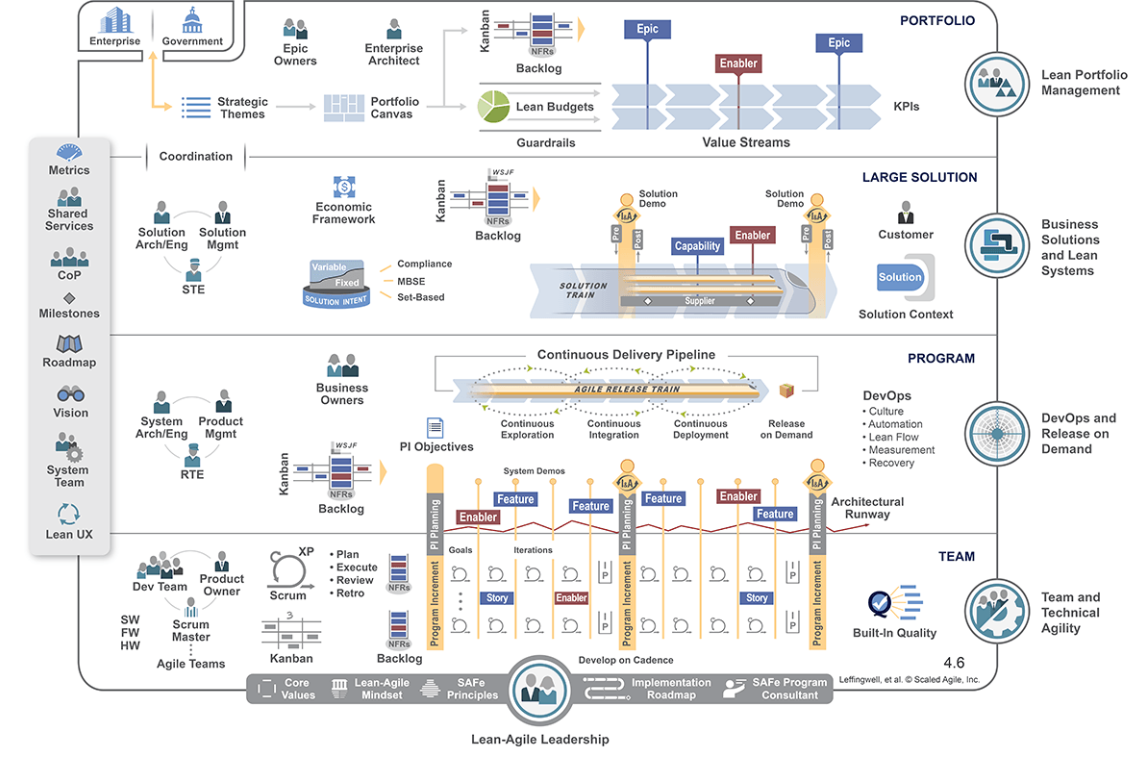There are a number of examples in history, of how governments have fallen. Either through the ballot box, through a coup d’etat or via a civil or military war. But have you ever stopped to think that a lack of progress in a digital transformation, could be a fourth reason?
Let me back up a bit…and outline what I believe are the reasons we have a government. Why does it exist and why we need one. There are five:
- Keep citizens safe.
- Maintain law and order.
- Grow the economy.
- Provide services that require high capital expenditure to deliver.
- Collect tax revenue.
Here is a great video that provides some more information on what government is?
Failure by governments to maintain those outcomes and deliver great customer experiences will result in disruption. We’ve already seen this movie before right:
- Uber disrupting the transportation industry.
- Netflix disrupting the entertainment industry.
- Google disrupting traditional advertising revenues.
But hey, they’re all commercial examples. Have you got anything that is relevant to government? Sure:
- Russian interference in the US democratic system.
- UK leaving the EU. Affectionately known as Brexit.
- Chinese attacks on Australian government services.
Here is a great video explaining Brexit:
You can also extend that to local government, such as Queensland in Australia:
- Parents opting to homeschool their children and not use the Government funded system.
- Students choosing to study at universities that offer the best blended, digital vs classroom-based experience.
- Tesla disrupting cars, trucks and eventually planes and trains, which forces say the Dept of Transport and Main Roads to rethink transportation strategies and plans.
I talk about digital disruption and governments in the latest #AskTheCEO discussion here:
The same forces that have helped Uber, Netflix, Google and especially Apple become commercial disrupting forces, are the same for the government:
- High customer expectations, driven by an app store always-on mindset.
- Generational shifts, as we move into an ageing population, whilst we have adults that have been brought up with social media.
- Customers expecting costs to drop and value to increase, driven by innovations started by Google, Amazon, e-Bay, Microsoft, Apple and others.
- The increased use of technology to scale crime and scale warfare, driven by the low-cost barrier to entry, the relative ease to learn and use new tools due to the proliferation of the internet, and the prevalence of unprotected and unpatched systems.
So what is the solution. Well it’s important to understand what needs to transform in government and then do so, quickly. Using the latest Lean-Agile and DevOps principles, along with great talent, is how Spotify undermined their competition, so government needs to do the same. Here are three examples:
- Attract and maintain talent by allowing them to be autonomous, attain mastery in their craft and provide them with clear purpose that inspired them. Think Elon Musk, heading to Mars and SpaceX.
- Create fast and effective feedback loops, to allow everyone to learn quickly. A great example is the Uber App, which asks you to rate the driver at the end of the journey. Taxi companies don’t do this, so they can never learn as fast.
- Decentralise decision-making, not all decisions, but ones that empower your workforce. Short-term, localised decisions, where people doing the work are the best informed to make the right decision. So let the sales-man close the $1m deal. Move the people to the work.
Interesting in learning more about digital transformation. Check out a range of courses that I run at ALC Training:
DevOps Foundation
Cloud Security
Cloud Computing
Scaled Agile
Enterprise Big Data



